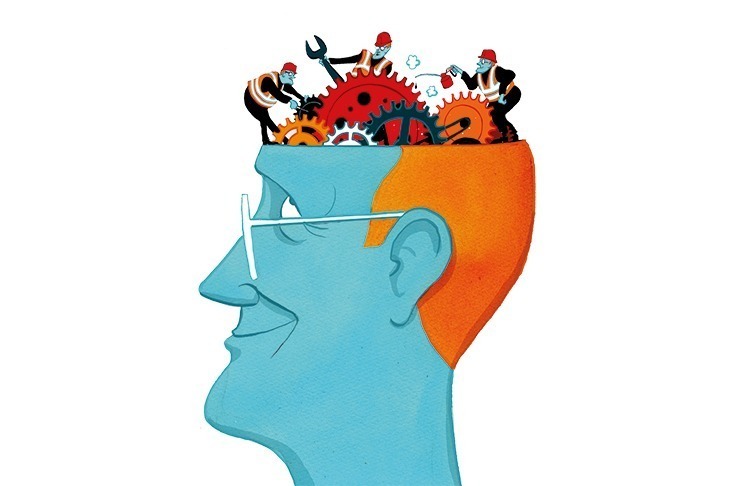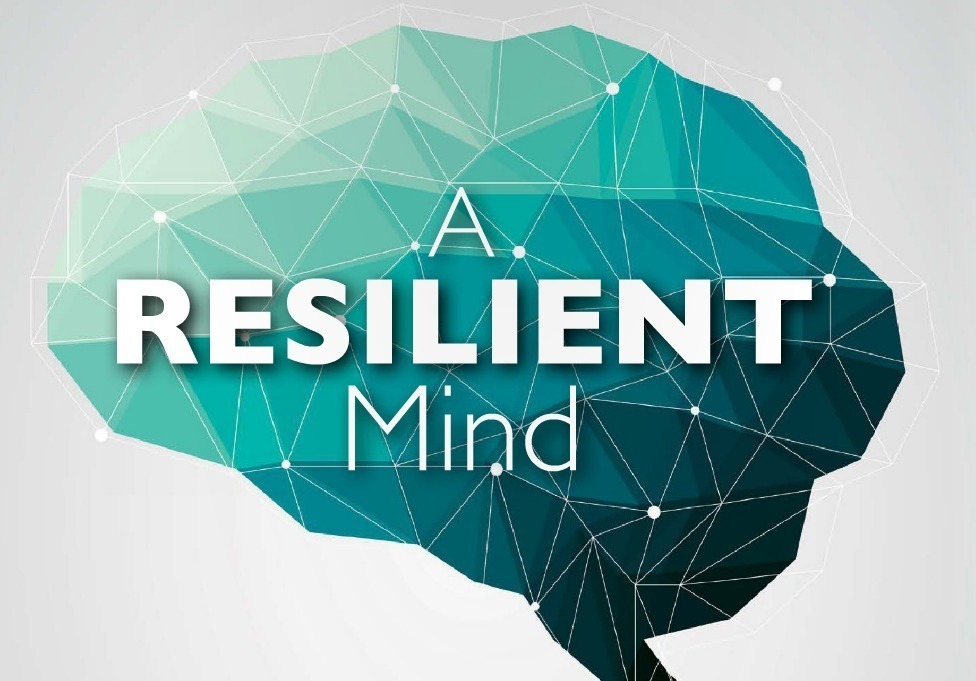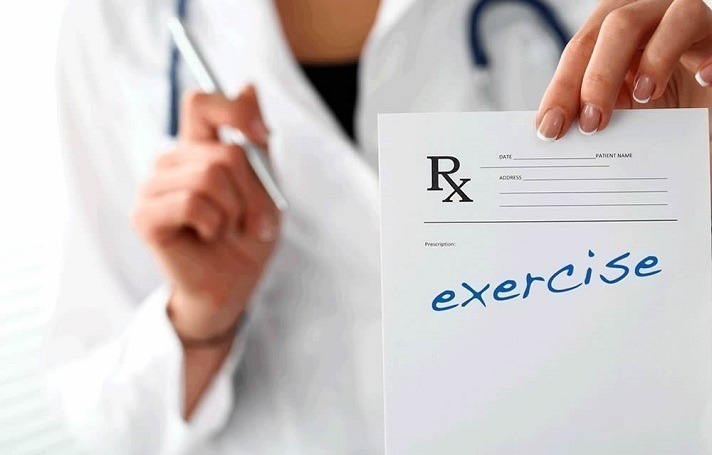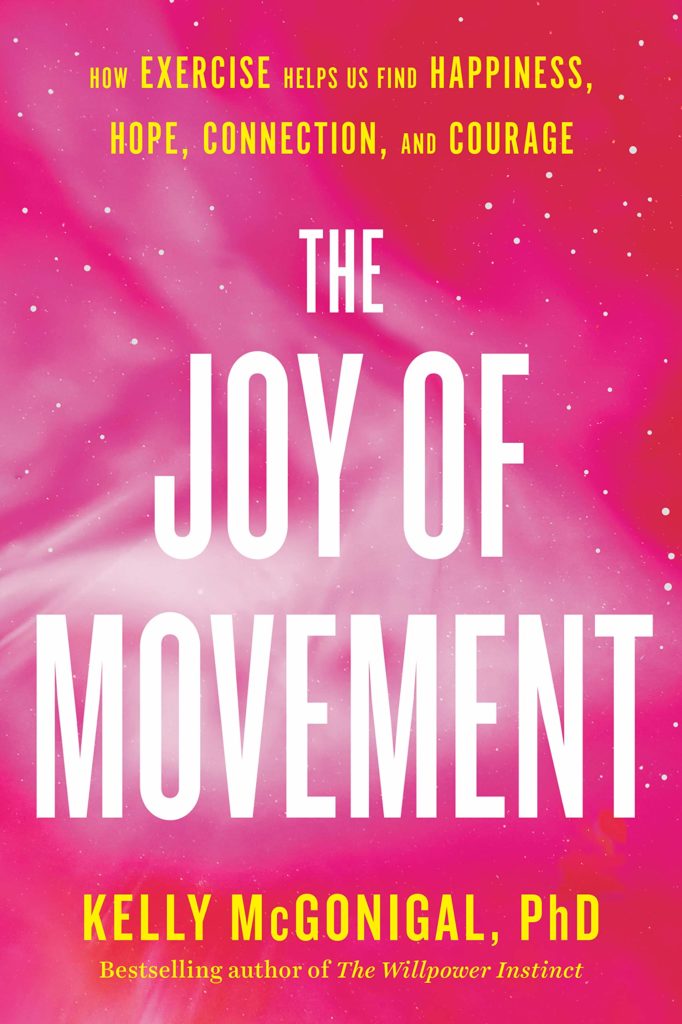Posts Tagged ‘Physical-Exercise’
Let’s get past procrastination by addressing emotional and cognitive overload
Procrastination is a common struggle many leaders and workers face, particularly in the context of modern, mentally demanding jobs. But what is the underlying cause, and how can we better understand it and effectively address it? Procrastination, defined as “the act of unnecessarily and voluntarily delaying or postponing something despite knowing that there could be…
Read MoreFive techniques to self-regulate intrusive, unproductive thoughts
Have you ever woken up in the middle of the night with upsetting thoughts spinning through your head? Maybe you argued with your partner and you’re reliving the fight in agonizing detail. Perhaps you can’t stop worrying about all the things that could go wrong in an upcoming job interview. Or maybe you’re perseverating about…
Read MoreSurvey: Firms should innovate to better integrate brain health into L&D, training, leadership programs
2024 Survey of Brain Health Trends and Beliefs Among Experts and Early Adopters, conducted by the think tank SharpBrains. 85% of respondents favor incorporating brain health into regular company health, training and L&D activities. 95% consider essential managing stressful situations at work. 87% has experienced brain and mental benefits of physical exercise, 65% of improved nutrition,…
Read MoreTime for a universal “exercise prescription” for kids and adults to boost cognition and mental health?
Welcome to a new edition of SharpBrains e‑newsletter, featuring this time a range of brain research findings, tools and controversies plus some brain teasers to challenge your (and our) working memory. #1. Major evidence review supports an “exercise prescription” for most adults to boost mental health “Higher intensity physical activity was associated with greater improvements”…
Read MoreStudies find growing evidence linking weight, physical activity, neuroplasticity and depression
Being overweight can cause depression — and exercise is an antidote, dual studies confirm (Runner’s World): A large-scale study from the University of Exeter has found ‘robust evidence’ that being overweight hikes up your risk of developing depression – but as fresh evidence confirms, logging your morning miles is one of the most effective ways to…
Read MoreFive profound ways physical exercise shapes your brain and mind
We’ve all heard that exercise is good for us—how it strengthens our hearts and lungs, and helps us prevent diseases like diabetes. That’s why so many of us like to make New Year’s resolutions to move more, knowing it will make us healthier and live longer. But many people don’t know about the other important…
Read More





